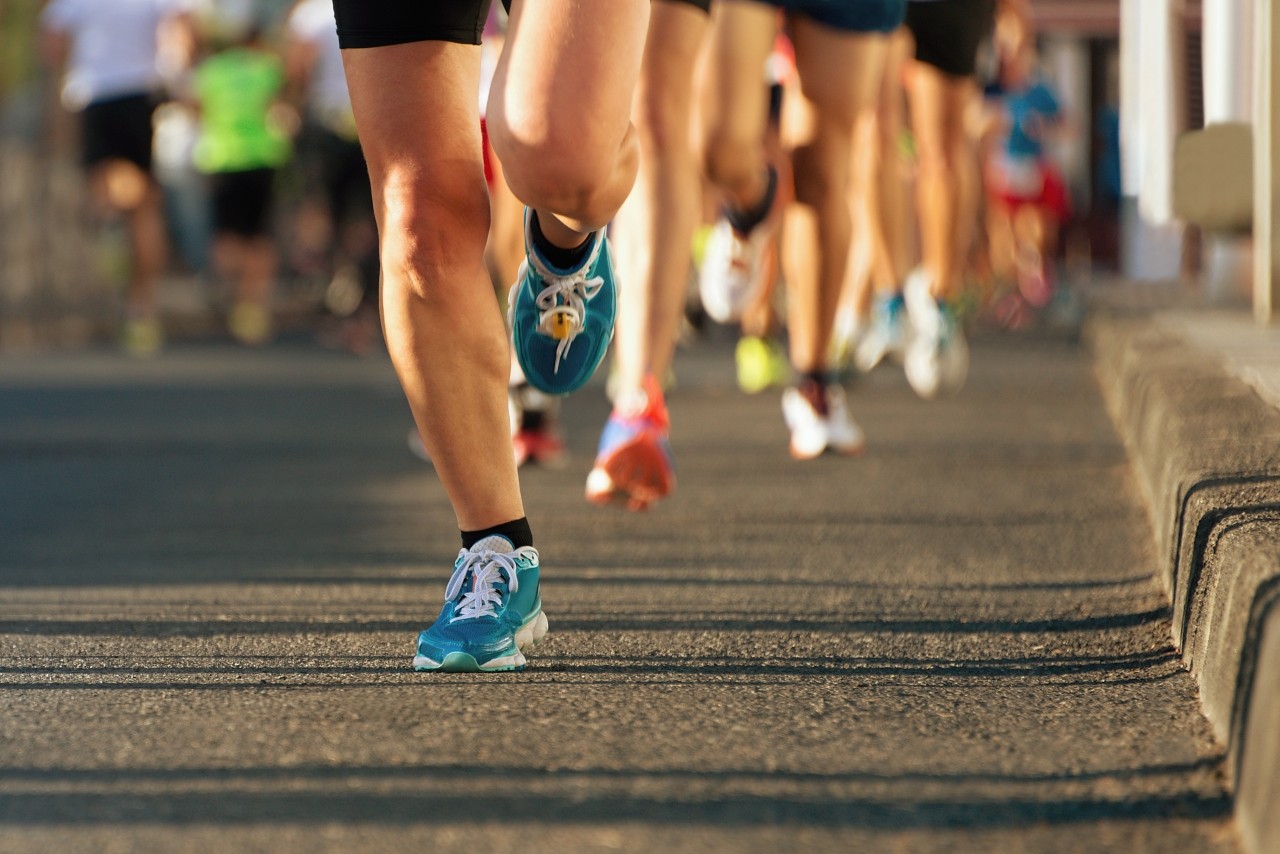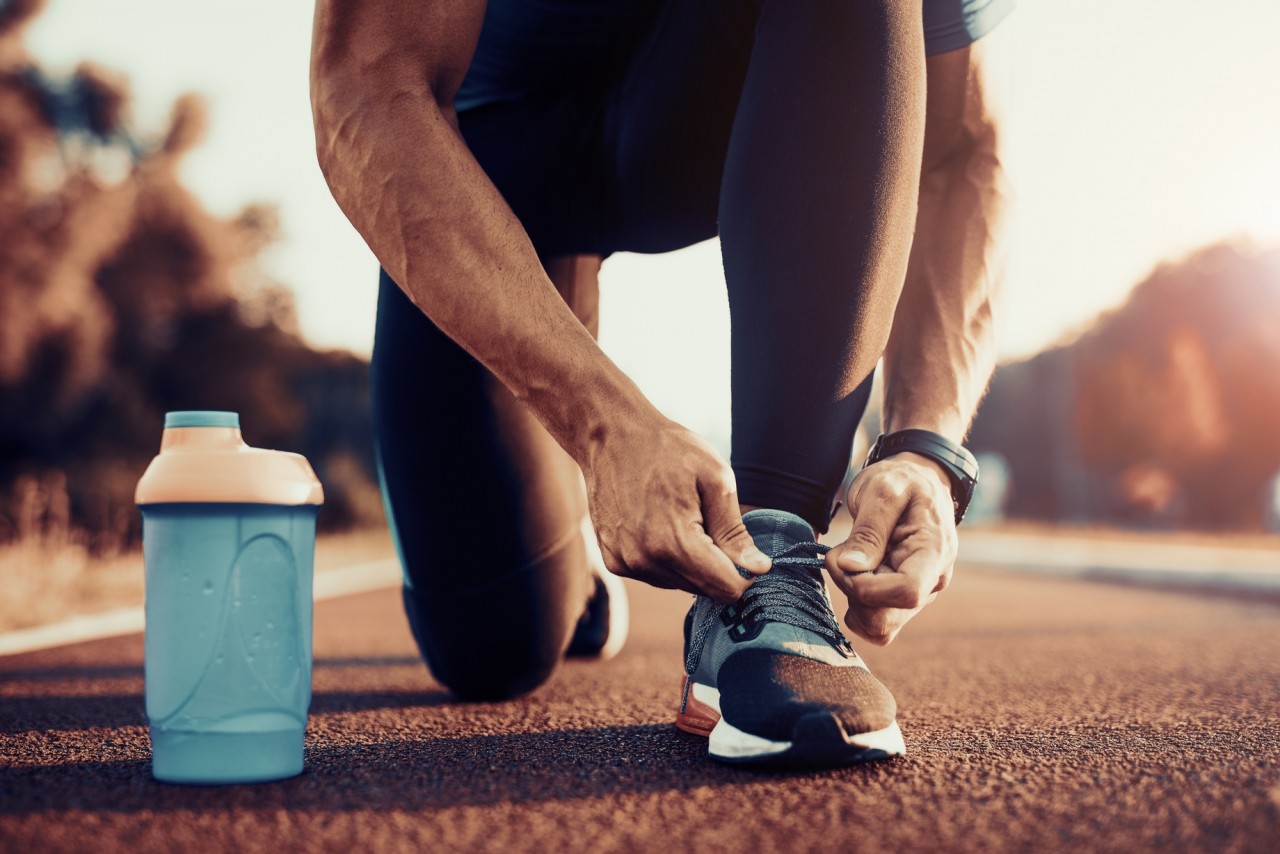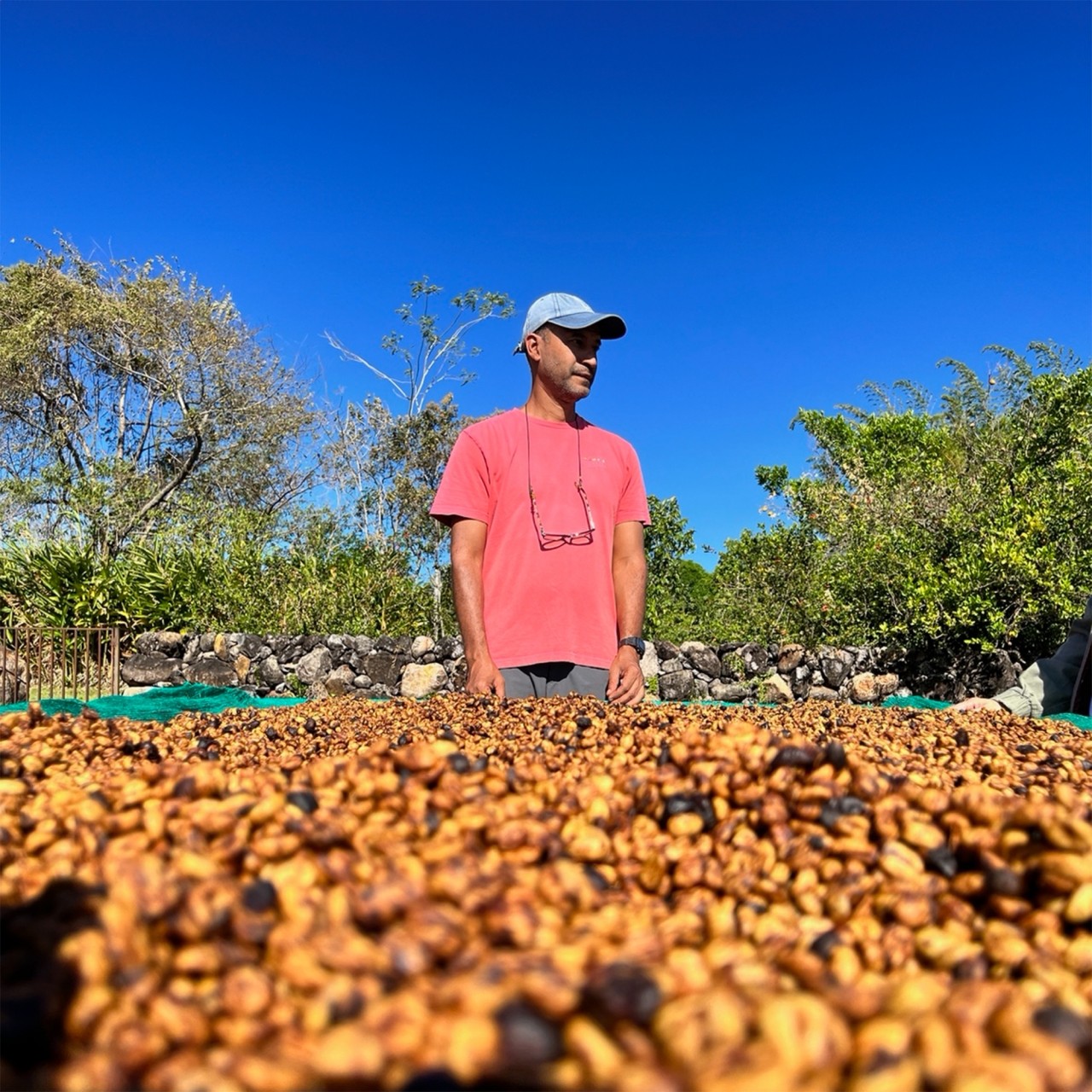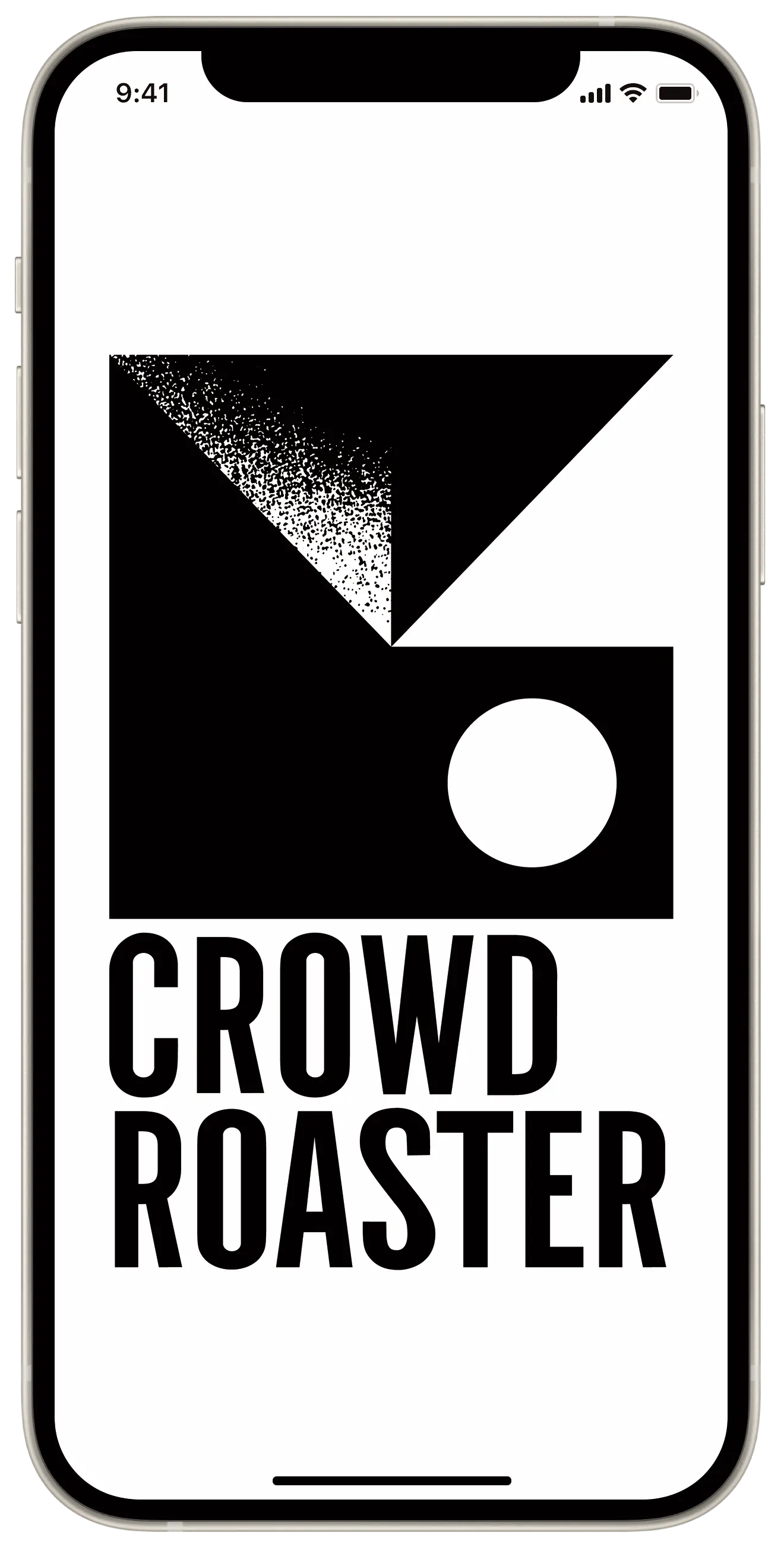The surprising relationship between sports and coffee

Caffeine: Athletes' favorite ingredient
As you probably know, coffee contains a lot of caffeine, which has the effect of keeping you awake.
Many people drink coffee to wake up in the morning or during breaks at work. Recently, caffeine has been said to have the effect of improving brain concentration and preventing dementia.
Surprisingly, there are also reports that caffeine may have a positive effect on sports, and it has become one of the ingredients that athletes are paying attention to. Recently, some runners even drink coffee at water stations during marathons. How exactly does coffee have a positive effect?
Caffeine for sports performance
A research group led by Jozo Grujic, who studies sports at Manabu in Manabu Department of Sports Medicine at Victoria University in Australia, reported that caffeine is effective in improving sports performance. Grujic and his team used an umbrella review method to evaluate and report on 11 papers on caffeine and sports, which further integrates and analyzes multiple papers and research results and meta-analyses that analyze them.
It has been reported that caffeine intake can improve sports performance by 2% to up to 16%. There are a wide variety of exercises that are said to be effective, including both aerobic and anaerobic exercise, and it is expected to improve muscle strength and endurance. Furthermore, it has been reported that performance improvement is not affected by whether or not you consume caffeine on a daily basis.

How exactly should you consume caffeine? Grujic recommends drinking coffee. However, that doesn't mean that other ways to consume caffeine aren't effective, it's just that there's a lack of data.
One study has found that caffeinated sweets such as jellies, bars, and chewing gum may help improve performance. On the other hand, there are reports that caffeinated energy drinks and caffeinated aerosol sprays sprayed into the nose and mouth have had little effect, but since there is insufficient data to conclude the effectiveness of either, Grujic reports that rather than saying that "nothing other than coffee is effective," he says that "the effects have not yet been confirmed with methods other than coffee."
When is the best time to drink coffee?
The research team recommends drinking coffee about 45 to 90 minutes before exercise. Also, because caffeine-containing chewing gum is absorbed quickly, it is said that you can still get the benefits even if you consume it 10 minutes before exercise.
The report states that the most effective amount of caffeine to consume is the equivalent of two cups of coffee. It is said that caffeine improves performance at 3-6 mg per kg of body weight, and since coffee contains 95-165 mg of caffeine per cup, if an adult weighing 70 kg wants to consume 210 mg to 420 mg of caffeine, they would need to drink about two cups of coffee.
The surprising relationship between coffee and sports
In the world of sports, it is said that ingesting caffeine inhibits the action of adenosine, a substance that has a sedative effect on the nerves, exerts a stimulating effect, and reduces fatigue during exercise, which is advantageous for improving endurance. It has been reported to be particularly beneficial in improving performance in endurance sports.
For this reason, people participating in endurance sports such as marathons and cycling have begun to take in sucrose in the hope of improving their performance. There are also reports that it has been shown to improve maximum muscle strength and muscular endurance in sports that involve repeated intermittent movements (such as soccer, basketball, volleyball, swimming, and tennis).
Caffeine is a component that is currently attracting attention from athletes, and coffee is a drink that allows it to be absorbed efficiently.
I myself drink coffee while I work and play sports. Maybe it helps me concentrate better?
If you regularly participate in sports or strength training, we recommend that you try incorporating coffee into your daily routine.
The contents of this article do not guarantee any particular effect.

Reference: Wake up and smell the coffee: caffeine supplementation and exercise performance—an umbrella review of 21 published meta-analyses | British Journal of Sports Medicine
https://bjsm.bmj.com/content/54/11/681)
Reference: Health check: Can caffeine improve your exercise performance?
https://theconversation.com/health-check-can-caffeine-improve-your-exercise-performance-114087
https://bjsm.bmj.com/content/54/11/681)
Reference: Health check: Can caffeine improve your exercise performance?
https://theconversation.com/health-check-can-caffeine-improve-your-exercise-performance-114087
2023.03.17
Hiroto Usukura
If you want to enjoy coffee more deeply
" CROWD ROASTER APP"
Manabu at CROWD ROASTER LOUNGE
・Push notifications for article updates・Full of original articles exclusive to CROWD ROASTER
・Direct links to detailed information about green beans and roasters
App-only features
- Choose green beans and roasters to create and participate in roasting events・CROWD ROASTER SHOP: Everything from beans to equipment is readily available
・GPS-linked coffee map function
















